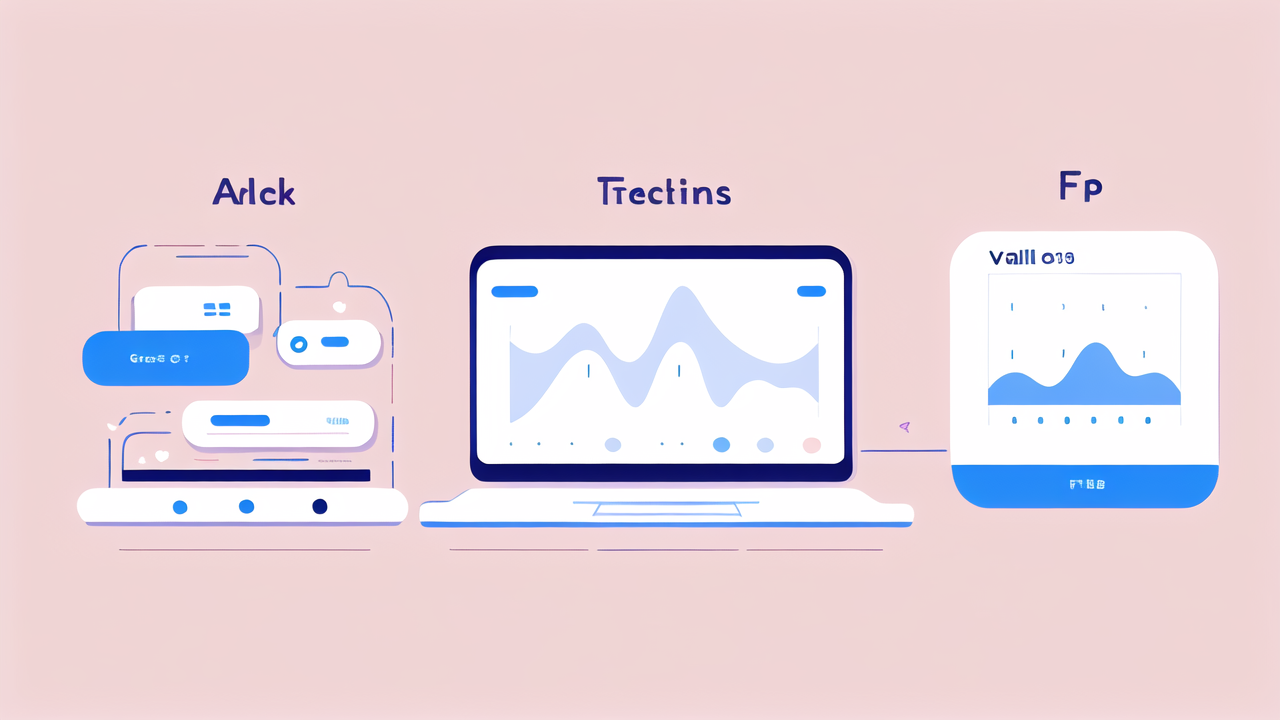Understanding the Importance of Body Measurement Tracking
The Role of Body Measurement Trackers in Health Management
Body measurement trackers play a vital role in modern health management. These devices, like the Fila smart watch, offer real-time data on various health metrics. They monitor heart rate, sleep patterns, and physical activity levels. This information helps users make informed decisions about their health.

Trackers provide a clear picture of one's overall wellness. They can detect trends and patterns in health data over time. This allows users to spot potential issues early. For example, a sudden increase in resting heart rate might indicate stress or illness. By catching these changes early, users can take action to improve their health.
These devices also serve as powerful motivational tools. They set goals and track progress, encouraging users to stay active. Many people find that seeing their daily step count or calories burned pushes them to do more. This gamification of health can lead to lasting lifestyle changes.
The Evolution of Body Measurement Technologies
Body measurement technology has come a long way. Early devices were simple pedometers, counting steps and little else. Today's trackers are far more advanced. They use sensors and AI to gather and analyze complex health data.
Modern trackers can monitor a wide range of metrics. These include heart rate variability, blood oxygen levels, and even ECG readings. Some can track stress levels and offer guided breathing exercises. Others can detect falls and send alerts to emergency contacts.
Wearable clothing with built-in sensors is the latest innovation. These smart garments can track muscle activity and form during workouts. They offer insights that wrist-worn devices can't provide. As technology advances, we can expect even more precise and comprehensive health tracking.
Key Benefits of Using Body Measurement Trackers for Consumers
Personalized Health Insights
Body measurement trackers offer tailored health insights. They learn from your data to provide personalized recommendations. This can help users make better choices about diet, exercise, and sleep.

For example, a tracker might notice you sleep better on days with more physical activity. It could then suggest increasing your daily step count. Or it might spot that your heart rate spikes during certain times of day. This could indicate stress, prompting suggestions for relaxation techniques.
These insights can lead to meaningful changes in lifestyle. They empower users to take control of their health. With data-driven decisions, people can work towards their wellness goals more effectively.
Enhancing Lifestyle and Wellness Programs
Body measurement trackers can supercharge wellness programs. They provide concrete data to guide and motivate users. This makes it easier to stick to health and fitness routines.
Many trackers offer workout plans tailored to the user's fitness level. They can suggest exercises based on your goals and progress. Some even provide real-time coaching during workouts. This can help users improve their form and get more out of each session.
Trackers also support lifestyle changes beyond exercise. They can help with diet tracking, water intake, and stress management. By giving a holistic view of health, they encourage balanced, sustainable wellness routines.
Integration with Health Care Systems
Body measurement trackers are increasingly integrated with healthcare systems. This allows for better communication between patients and doctors. Users can share their health data directly with healthcare providers.
This integration can lead to more informed medical decisions. Doctors can spot trends or issues that might not be apparent during short check-ups. For example, long-term sleep or heart rate data could help diagnose sleep disorders.
Some health insurance companies now offer incentives for using trackers. They recognize that preventive health measures can reduce long-term healthcare costs. This trend is likely to grow as the benefits of continuous health monitoring become clearer.
Evaluating Body Measurement Trackers: A Buyer's Guide
Assessing Accuracy and Reliability
When choosing a body measurement tracker, accuracy is key. Look for devices that have been tested and validated by independent studies. Reviews from reputable tech sites can also offer insights into a device's reliability.

Consider the specific metrics you want to track. Some devices are more accurate for certain measurements than others. For example, wrist-based trackers may be less accurate for step counting than clip-on devices.
Battery life and durability are also important factors. A tracker is only useful if it's charged and working. Look for devices with long battery life and robust build quality. Water resistance is a plus, especially for fitness enthusiasts.
Important Features to Look for in a Body Measurement Tracker
When shopping for a body measurement tracker, consider these key features:
- Heart rate monitoring
- Sleep tracking
- GPS for outdoor activities
- Water resistance
- Smartphone notifications
- Compatibility with health apps
- Long battery life
- Easy-to-use interface
- Customizable goals and alerts
Choose a tracker that offers the features most relevant to your health goals. If you're a runner, GPS and heart rate monitoring might be priorities. For those focused on overall wellness, sleep tracking and stress monitoring could be more important.
Navigating the Market: Recommendations and Trends
The body measurement tracker market is diverse. Options range from basic fitness bands to advanced smartwatches. Popular brands include Fitbit, Apple, Garmin, and Samsung. The Fila smart watch is also gaining traction as a budget-friendly option.
Smartwatches offer the most features but come at a higher price point. They often include non-health features like mobile payments and music storage. Fitness bands are more affordable and focus solely on health tracking.
The trend is towards more comprehensive health tracking. Newer devices offer features like blood oxygen monitoring and ECG readings. Some can even track body temperature and detect irregular heart rhythms.
Wearable clothing with built-in sensors is an emerging trend. These smart garments can provide more detailed data on muscle activity and form. As technology advances, we can expect even more innovative ways to track our health.




Leave a comment
This site is protected by hCaptcha and the hCaptcha Privacy Policy and Terms of Service apply.